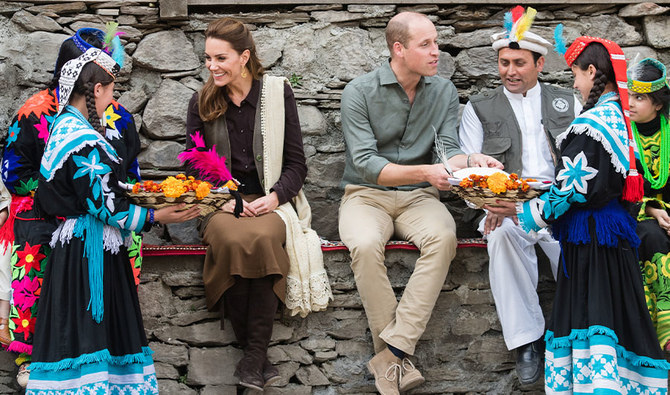
The Kalasha people, residing in the remote valleys of the Hindu Kush mountains in Pakistan, possess a unique and vibrant cultural heritage that has captivated scholars and travelers alike for centuries. Among the many facets of Kalasha culture, one of the most intriguing and cherished traditions is known as Suri Jagek. Suri Jagek, which translates to “mutual cooperation” or “community support,” is a cornerstone of Kalasha society. Rooted in the principles of reciprocity, solidarity, and communal harmony, Suri Jagek epitomizes the close-knit bonds that bind the Kalasha people together and sustain their way of life.
At its essence, Suri Jagek embodies the spirit of collective responsibility and mutual aid. It is a system of social organization and support that ensures the well-being of all members of the community, especially during times of need or crisis. Whether it is helping to build a house, tending to crops, or caring for the sick and elderly, every member of the community plays a role in upholding the principles of Suri Jagek.
One of the most remarkable aspects of Suri Jagek is its resilience in the face of modernization and external pressures. Despite the encroachment of modernity and the challenges posed by globalization, the Kalasha people remain deeply committed to preserving their cultural heritage and traditional way of life. Suri Jagek serves as a bulwark against the erosion of Kalasha identity, providing a sense of continuity and belonging in an ever-changing world.
Moreover, Suri Jagek plays a crucial role in fostering social cohesion and solidarity within the Kalasha community. By promoting cooperation, mutual support, and shared values, Suri Jagek helps to forge strong bonds of trust and reciprocity among community members. These bonds serve as the foundation for resolving conflicts, addressing common challenges, and celebrating collective achievements.
In addition to its social significance, Suri Jagek also embodies the spiritual and cultural beliefs of the Kalasha people. Rooted in animistic traditions and ancient rituals, Suri Jagek is imbued with a deep sense of reverence for the natural world and the divine forces that govern it. Through rituals, ceremonies, and communal gatherings, the Kalasha people reaffirm their connection to the land, their ancestors, and the spirits that inhabit their mountainous homeland.
However, despite its cultural richness and importance, Suri Jagek faces numerous challenges in the modern world. Rapid social change, economic development, and environmental degradation threaten to undermine the traditional practices and values associated with Suri Jagek. Moreover, the influx of tourists and outside influences poses a risk of cultural commodification and distortion. In response to these challenges, efforts are underway to safeguard and promote Suri Jagek as an intangible cultural heritage of humanity. Local organizations, government agencies, and international NGOs are working together to raise awareness about the significance of Suri Jagek and support initiatives aimed at its preservation and revitalization.
In conclusion, Suri Jagek stands as a testament to the resilience, creativity, and ingenuity of the Kalasha people. As a living embodiment of their cultural identity and collective ethos, Suri Jagek continues to inspire admiration and fascination among scholars, travelers, and enthusiasts alike. By preserving and promoting Suri Jagek, we not only honor the rich heritage of the Kalasha people but also reaffirm our shared commitment to celebrating and protecting the diversity of human cultures around the world.






